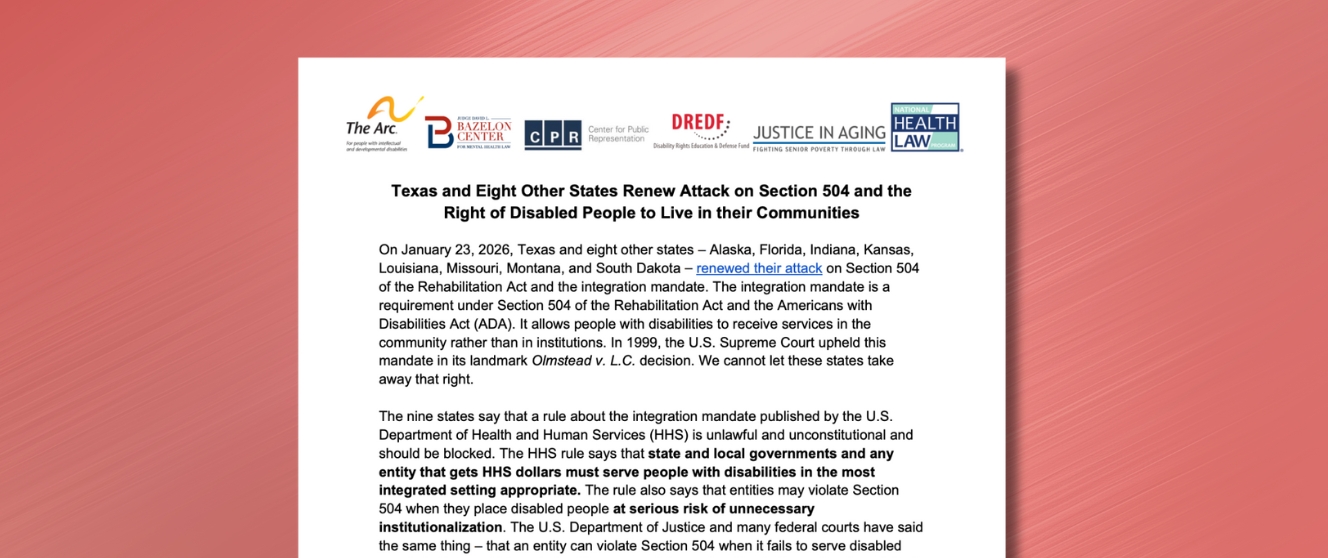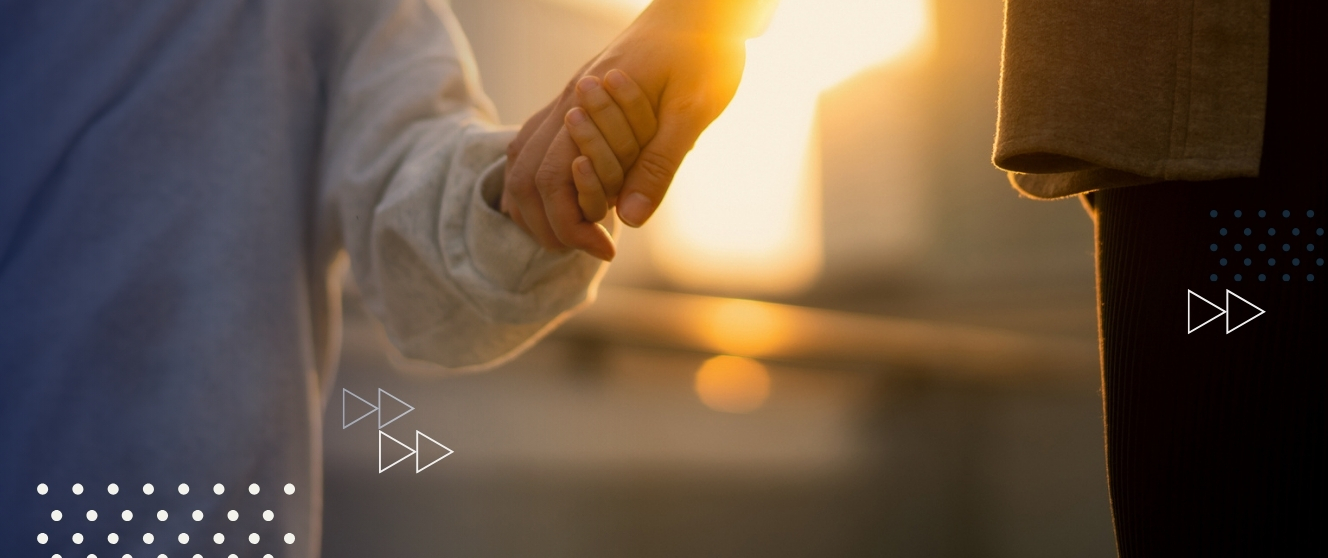
October 7, 2021
On Tuesday, October 5, Governor Newsom signed SB-380 – which shortens the wait time for receiving lethal assisted suicide medication to 48 hours – into law without comment. Previously the period between making two separate requests to take the deadly drugs had been 15 days. The law, which was originally set to expire in 2026, was also extended for five additional years.
With the literal stakes being life and death, already at-risk disability communities don’t have the luxury of staying silent. COVID-19 revealed long standing disparities in our health care delivery systems. Californians – and the nation – witnessed disproportionate rates of infection and mortality throughout communities of color, including disturbing disparities among senior and disability communities.
California should prioritize correcting the inequities in our health care delivery systems, not making it even easier to kill those in already at-risk communities. DREDF has always supported making timely rehabilitative, therapeutic, urgent, palliative or pain management solutions, hospice and related health care options available to all Californians rather than fast-tracking physician-assisted suicide as the state has done.
A recent survey of over 700 practicing physicians across the U.S. found that more than 82 percent self-reported the belief that people with significant disabilities have a worse quality of life than non-disabled people. This context of ableism in medicine informs DREDF’s position on physician-assisted suicide.
Perhaps the greatest danger of weakening already inadequate protections against abuse in assisted suicide is the incremental normalization of the practice. In effect, making the killing of already at-risk individuals and communities more acceptable, and easy enough to do — so commonplace — that no one, except those fighting to stay alive, think twice about or pause to question it.
Contrary to the messaging used by proponents, assisted suicide is no choice at all when aging, disability, and other marginalized communities routinely lack equal access to appropriate, often denied essential medical care and the means we need to live.

